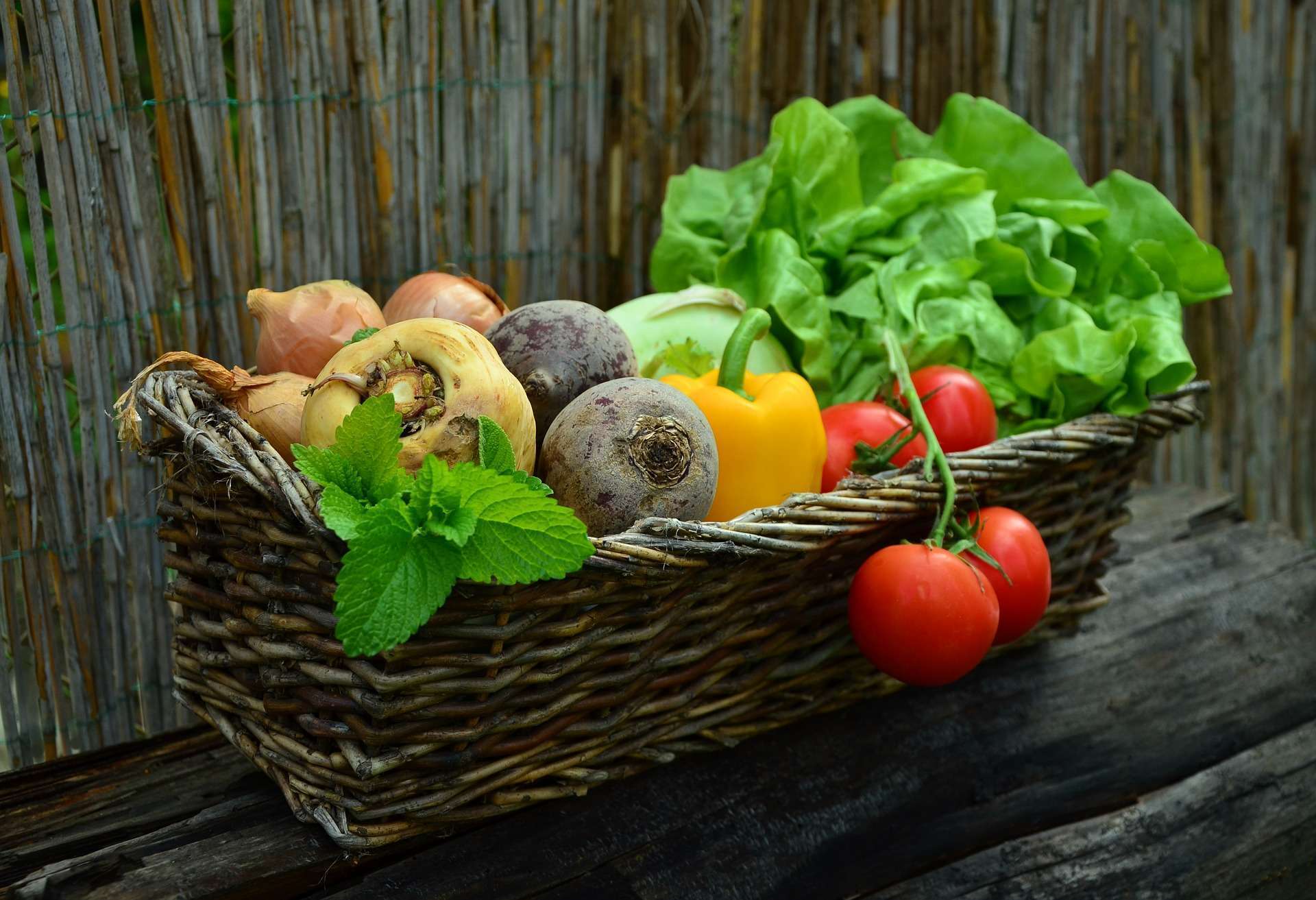Contents:
- Medical Video: Health & Nutrition : Foods Not to Eat When You Have Rheumatoid Arthritis
- What is rheumatoid arthritis?
- Proper nutrition for rheumatoid arthritis
- Make sure the antioxidant dose
- Ensure fiber intake in food
- Consume foods with flavonoids
- Avoid trigger foods
Medical Video: Health & Nutrition : Foods Not to Eat When You Have Rheumatoid Arthritis
Many people believe that a healthy diet plays an important role for health. This also needs to be applied to patients with rheumatoid arthritis or often called rheumatism. To ensure the nutrients needed, patients must make a list of food intake. If you have rheumatoid arthritis or are treating a rheumatoid arthritis patient, here are some things you need to remember.
What is rheumatoid arthritis?
Rheumatoid arthritis is a chronic inflammatory disorder when the body's immune system mistakenly attacks your body's cells causing inflammation. In this case, inflammation occurs in the joints and causes swelling, pain, and sometimes paralysis. In some cases, the inflammatory effects not only attack the joints, but damage the skin, eyes, lungs, heart, and blood vessels. Finally, rheumatoid arthritis can cause bone erosion and joint defects.
Proper nutrition for rheumatoid arthritis
Make sure the antioxidant dose
Oxidation is a natural process along with rheumatoid arthritis which can damage cells and body tissues. To control oxidation, doctors usually prescribe antioxidants. Antioxidants are compounds that kill damaging free radicals (small molecules that can destroy the atoms forming cells) and reduce inflammation. Some common antioxidants that are familiar to the ear are vitamins A, C and E, and selenium minerals.
To slow down the process of oxidation and inflammation, you need an intake of antioxidant-rich foods. Antioxidant-rich foods can reduce pain and inflammation in the joints affected by rheumatoid arthritis. Vegetables and fruits such as spinach, kale, beets, blueberries, and cranberries are good sources of antioxidants. In addition, nuts, seeds, green tea, red wine, dark chocolate, and certain spices such as cinnamon, ginger and turmeric contain many antioxidants.
Ensure fiber intake in food
Research shows that high-fiber foods can reduce the amount of C-reactive protein (CRP). This protein is one indication of the level of inflammation of the body. You can reduce inflammation by consuming more fiber in fresh fruits and vegetables, whole grains, beans, and whole grains.
Consume foods with flavonoids
You can find flavonoids in vegetables. Flavonoids are responsible for reducing inflammation in the body and help reduce pain due to rheumatoid arthritis and swelling. Add flavonoid-rich foods such as fruit, green tea, wine, broccoli, and soybeans in your diet. Chocolate is also a food source that is high in flavonoids. You are recommended to choose dark chocolate because it is high in cocoa and low in sugar.
Avoid trigger foods
Make sure you avoid foods that can trigger inflammation. Processed carbohydrate foods such as white flour and white sugar, fatty foods, or spicy foods often cause inflammation.
Unfortunately, rheumatoid arthritis cannot be cured. However, proper nutrition, a healthy lifestyle, and medical treatment can help relieve the rheumatoid arthritis that you have. In fact, food has a strong role in reducing inflammation and pain. If you plan to take supplements, consult your doctor or pharmacist for more information.












